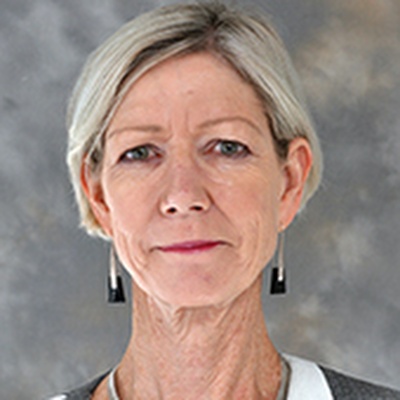Knowledge Societies, Higher Education and Political Cleavages: Paradoxes in Search of Explanations
- Susan L. Robertson, University of Cambridge
Event Materials
This event is now archived and we are pleased to provide the following event media and assets, along with the original event overview.

Thomas Piketty and colleagues (Piketty 2020; Gethin, Martinez-Toledano and Piketty 2021), amongst others, point to what appears a paradox; that in many Western societies, a significant rise in the level of social inequalities over the past two decades has not been accompanied by an equivalent rise in political demand for redistribution, via class-based politics. Jonathon Mijs (2021) also points to a similar paradox; that citizens in more unequal societies are less concerned about social inequalities than those in more egalitarian societies. How do we make sense of these findings that is at the same time characterised by the rise of authoritarian populism and significant shifts from left to right in the USA, UK, Brazil amongst others?
Is the rise of xenophobic ‘populism’, Piketty (2020) asks, the outcome of these inequalities, or are they the result of longer-run structural changes? Could it be that they represent a realignment, and cleavage, along education lines (Gethin, Martinez-Toledano and Piketty 2021: 6; see also Bovens and Wille 2017). And if so, what are the implications of this? Would the promotion of greater access to higher education be a means of stimulating a shift to a left political agenda? In Capital and Ideology (2020), Piketty embraces this as a solution to the problem of inequality and the basis for a more radical liberatory politics of the kind that Rosa Luxemburg envisaged (Mills 2020).
In my presentation I problematise these seductive knowledge societies/cleavage accounts arguing they are: (i) overly teleological and prioritise a benign cosmopolitan; (ii) that Left voting is viewed as emerging from the work-logic of person-to-person workers as if these occupations have not been governed by neoliberal logics; (iii) that higher education is black boxed and placed beyond ideology; and higher education is treated as a ‘variable’ making invisible the dynamics that Luxemburg (1951) pointed to in The Accumulation of Capital: capitalism is dependent on expanding into new spheres of social life.
I conclude by arguing that higher education itself needs to be cleaved from the jaws of what Fraser (2022) calls ‘cannibal capitalism’ and argue for a radical reworking of higher education as a key institution engaged in knowledge production that enables it to be constitutive of social democracy, social transformation, and social justice.
Event Materials
This event is now archived and we are pleased to provide the following event media and assets, along with the original event overview.
Booking
You will need to register to join this webinar. Please register here

